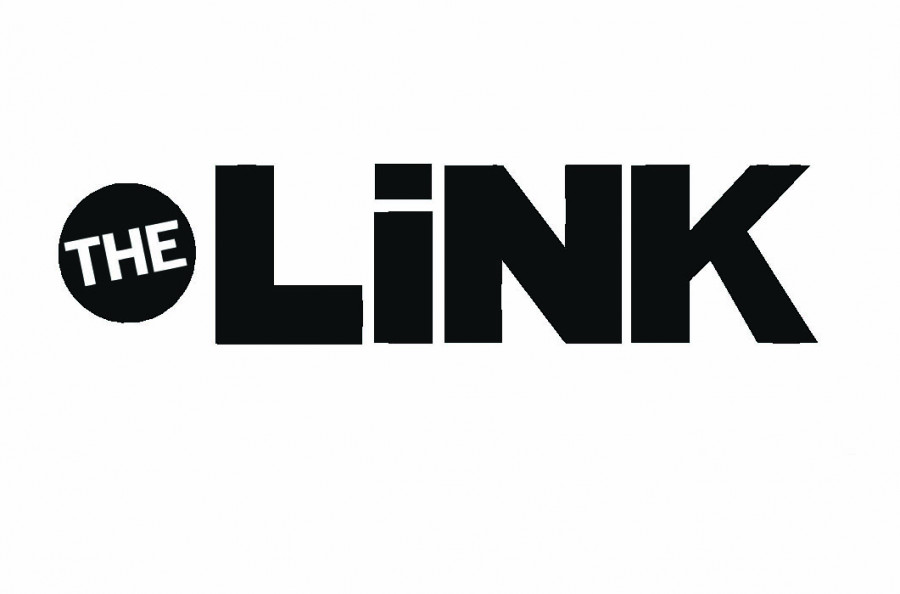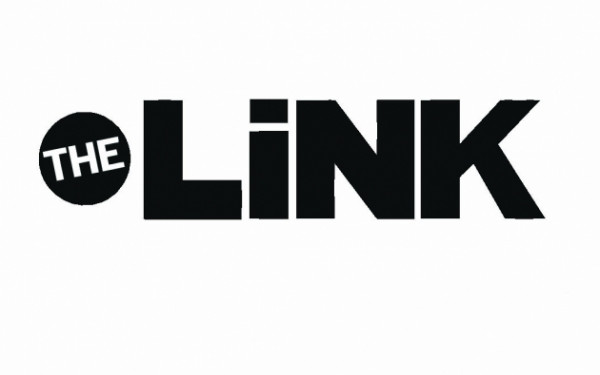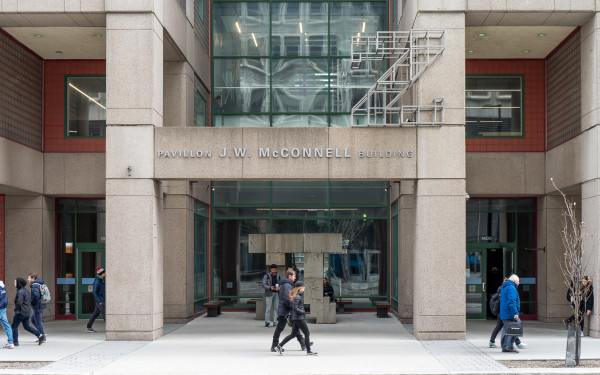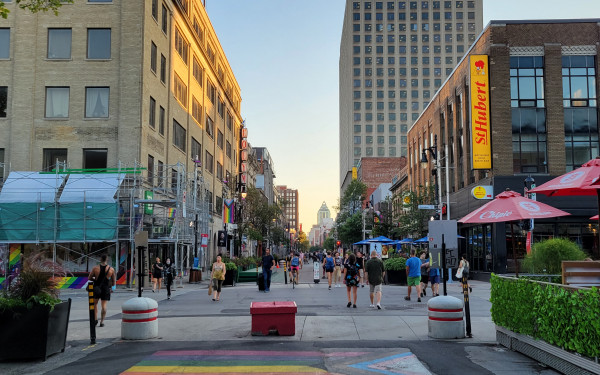How Policy Denies Identity
Empowerment comes from the strangest places sometimes. Nothing makes me feel more empowered than watching society’s intellectual elite get weak at the knees when they realize that I’m a transexual. All of a sudden, my features shift from handsome ruggedness and good-boy looks into the alien look of a strange transexual child.
People can be shallow, regardless of class, but I thought for a long time that it would be different in university, that these so-called “intellects” would understand. After all, they’re the ones with the books and brains. But I guess I was wrong.
Some of my least favourite experiences at Concordia have been having to listen to students/professors/administrators moan about how they “just don’t understand” the variety of gender, which they call “weird.”
Their unfortunate state of confusion perpetually saddens me. I’m left with a sense of sympathy because they will not allow themselves to come to recognize that, beyond our genitals and our features, we are all the same on the inside.
I’ve been a transexual ever since my father’s sperm fertilized my mother’s egg. In my late teens I was lucky enough to find a word in the English language to shape the understanding of my innate being.
It was shortly after that I jumped into the abyss of life transition to put my spirit at ease and now—thanks to science and my awesome therapist—I’m everything that I see in my dreams, and more.
An interesting fact: trans and gender-variant people have existed since humans had a language to document our presence on this miniscule chunk of stardust we call Earth. Despite this, the judicial courts and academic institutions have pretended that trans and gender variant people are the result of broken homes and rock ‘n’ roll.
Another interesting fact: trans and gender nonconforming people are born just as organically as cisgender people. We are who we are, just like you are who you are, and if you still can’t understand that after thousands of dollars of higher learning, you should consider asking for a refund.
This is my story of the oppression I’ve faced—and continue to face—at Concordia University because I want a higher education.
My educational institution allows administrators, professors and colleagues to refer to me by my designated sex at birth (which is female), and call me by my unfortunately-feminine birth name (which is also female), even though I’ve requested many times that I would most definitely prefer the name Ben alongside the usage of male pronouns.
The school demands an official government document that states my gender if I want to be referred to as Mr. Ben Boudreau at school.
In order to get that government document, you have to have two surgeries—one to remove my reproductive organs—and then I need to undertake hormonal replacement therapy until I’m well past 50 if I want to stay alive and healthy.
How, though, does having an internal organ one moment and not having one in the next make me any more of a man than I am now?
Maybe I was concerned about the two bags of flesh hanging from my chest a couple years ago (thankfully, they were removed), but why would I care about an organ I can’t even see?
Hey, I don’t have the problem here. If my body makes you that uncomfortable, maybe you’re the one with the “mental disease.”
The most frustrating thing for me currently is the name change. I started the process over a year ago and I’m still waiting for the finalization. It’s entertaining that I needed a psych evaluation from my therapist saying I suffer from a mental disease in order to change my name—and she apologized when handing the papers over to me.
By consistently overlooking my requests, every day that I walk through the Hall Building, Concordia’s administration announces to the school body that they can ignore my “imagined” persona and not refer to me as Ben.
They argue that if the government has not officially recognized my desired gender or name and won’t recognize me as male, then why should they? This causes me fear that someone will bash my head into a wall because the perpetrator was taught that they don’t have to respect me by my academic institution and my judicial courts.
I also can’t help but think that maybe one day I’m going to use the bathroom and get raped out of hatred because my professor outed me in front of 150 fellow students.
These situations sound extreme, but these are realities that trans and gender variant people face everyday. I don’t have to tell you what the majority of people in the world might think of trans people; you can probably construct your own ideas about that without my help.
These are reasons enough for the trans/gender-variant community to not want to access higher learning, because it is far from welcoming, and definitely not safe.
Concordia University should be aware of the message they’re sending to trans/gender non-conforming persons by not recognizing their actual gender and name preference, which violates trans/gender variant persons’ rights of disclosure and privacy.
This adds to the mental strain of the already complex navigation to trans/gender-variant lives. Why do they go out of their way to make it harder for the already challenging life of a trans/gender-variant person?
What I find the most frightening about all of this is that, thanks to backwards policies like these, my school is suggesting to its students—the elite of tomorrow—to think it’s okay to exercise hatred and turn a blind eye towards discrimination.
That doesn’t give my community, my family or myself much of a future, does it?
Think about it—and, most importantly—talk about it. We queers and our allies have to be the change they want to see, because no one is going to hand us our rights unless we make ourselves seen and our voices heard.
If Concordia hasn’t made any changes by the end of this year on this subject, the first thing I’m going to do next fall is campaign to have the Universal Declaration of Human Rights decal removed from the Hall Building windows.
We might as well call a spade a spade. Until Concordia recognizes and embraces trans and gender-variant people at their school, it’s hypocritical to have those hallowed words on display.
If you’d like to share your thoughts on this, email me at trans.action.cu@gmail.com. If you’re curious about trans issues, you should stop by the 2110 Centre for Gender Advocacy (2110 Mackay St.) and take out a book from their library.
And if you’d just like to complain to the administration, send Concordia Interim President Frederick Lowy an email at president@concordia.ca and tell him what you think.





